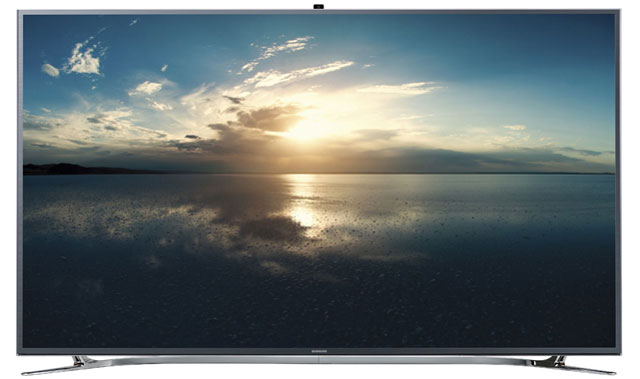
Iflix, a video streaming service with customers mostly in Southeast Asia, raised US$90m (about R1,2bn) in a round led by telecommunications giants Liberty Global and Kuwait-based Zain to take on Netflix and Naspers, which owns ShowMax, in Africa and the Middle East.
The investment will also fund expansions throughout Asia, the company said in an e-mailed statement on Tuesday.
Iflix offers customers in nine countries a mix of Hollywood fare like the film Iron Man and TV series Homeland along with local programming for a monthly subscription fee. The company has signed up more than 5m customers — more than analysts estimate Netflix, the world’s largest paid video service, has in Southeast Asia.
The streaming provider is looking to capitalise on its early success in the region by spreading to emerging markets elsewhere, starting with the Middle East and Africa. It has also formed a joint venture in the Middle East and North Africa with Mobile Telecommunication Co, known as Zain, which has 47m customers in eight countries.
“It was always meant to be a Southeast Asian business, but it grew so fast,” Patrick Grove, Iflix co-founder and chairman, said in an interview. Grove started the company with fellow entrepreneur Mark Britt, the company’s CEO, with support from Hollywood’s Creative Artists Agency and private equity firm TPG Growth.
Iflix has succeeded, Grove said, by positioning itself as cheap alternative to piracy, which is rampant in poorer countries where most people don’t pay for cable. Though the membership fee varies by country, it costs about as much as a pirated DVD typically does in those markets. In Malaysia, Iflix runs about $1,80/month for an annual subscription. Netflix’s service starts at about $8/month in many markets.
“We’re like McDonald’s and they are like a Michelin two-star restaurant,” Grove said. “We both sell food, but we’re not competitors.”
The partnership with Zain mirrors how Iflix has grown in Southeast Asia. The company has relied on telecoms providers to sell Iflix on top of their phone packages. That way, Iflix doesn’t have to spend much money recruiting customers, and mobile providers can use Iflix to keep customers from defecting to rival carriers.
Competition in emerging markets is ratcheting up. Amazon.com extended its video service to the rest of the world late last year, while Netflix added a feature so people living in countries with inconsistent broadband Internet can download shows to watch later. Within Southeast Asia, Sony, Warner Bros and Singapore Telecommunications also operate a rival service called Hooq.
Previous Iflix investors Sky, Catcha Group and Evolution Media Capital, a fund backed by CAA and TPG Growth, also participated in the funding round. Sky invested $45m in Iflix last year. — (c) 2017 Bloomberg LP



